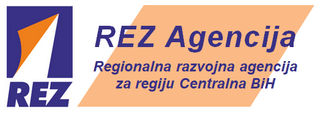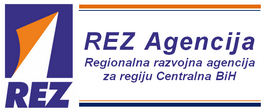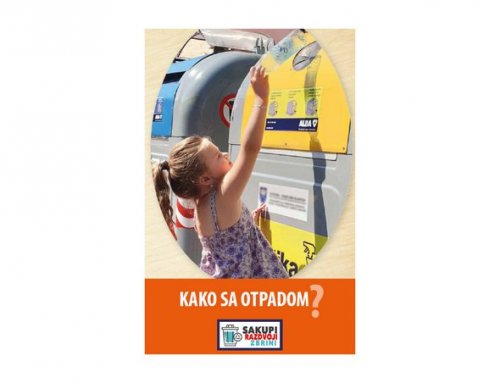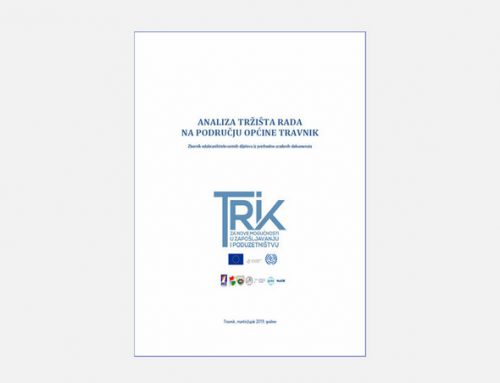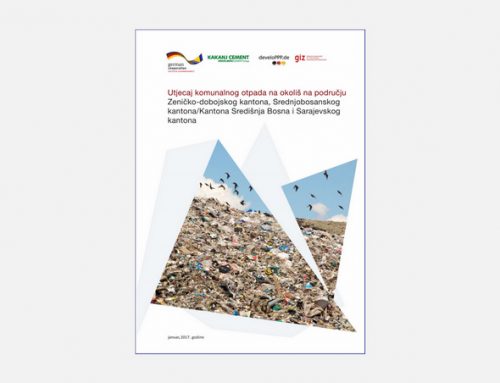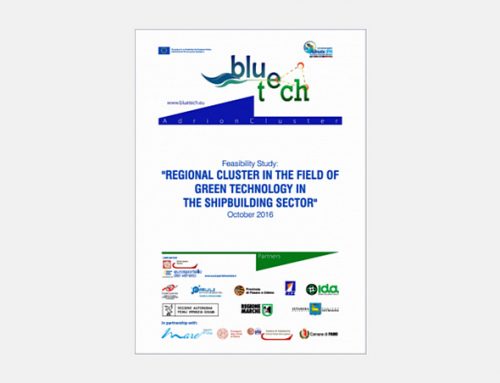Project Description
Recommendations for municipalities, municipal utility companies, regional landfills and the private sector related to the infrastructure and logistics required for the production of fuel from waste (RDF)
Analisys
Within the project “Co-processing of municipal waste as an alternative fuel in the cement industry in BiH”
June 2017
Format A4, PDF, 8.2 MB
The document “Recommendations for municipalities, municipal utility companies, regional landfills and the private sector related to the infrastructure and logistics required for the production of fuel from waste (RDF) was done for the needs of the project “Co-processing of municipal waste as an alternative fuel in the cement industry in BiH”, which is implemented in the period 2015 – 2018. Partners in the project are the German Organization for International Cooperation (GIZ) – develoPPP program, Cement Factory Kakanj, REZ Agency and Faculty of Mechanical Engineering, University of Zenica.
The goal of the project is to create preconditions for the use of processed industrial and municipal waste, as well as waste tires as an energy source in the production of cement in BiH. Expected results of the project are: the reduction of the amount of fossil fuels used by the cement industry and the reduction of municipal waste at landfills. The aim is to review the current situation in municipal utility companies in the Zenica-Doboj Canton, the Central Bosnia Canton and the Canton of Sarajevo in terms of infrastructure, personnel, technical equipment and readiness to ensure the conditions for the commencement the production of fuel from waste (RDF – Refuse Derived Fuel).
Updating data on the state of the infrastructure, scope of services, recycling level, development plans and determination of morphological composition of waste was made on the basis of questionnaires sent to the municipalities of the Zenica-Doboj Canton and the Central Bosnia Canton and Information on the state of collection and disposal of waste in the area of Zenica-Doboj Canton for 2016. The questionnaire was provided as Annex 1. The questionnaire was completed by 10 of 24 municipalities. For the Canton of Sarajevo used are updated data as obtained from the Planning Institute of the Canton of Sarajevo.
